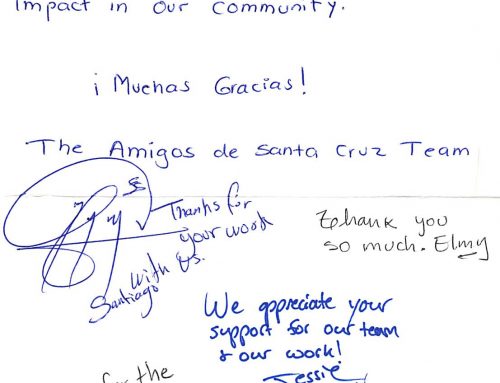 We have been asked this question several times recently, “In your experience, what are the most common leadership challenges today?” Every time we encounter this question, I find myself sifting through (in my mind) the variety of leaders we meet or speak with, and without identifying who the challenge belongs to, I’m able to rattle off a host of common issues we encounter most frequently. Since this question has surfaced a few times recently, I thought it might be helpful to share my response here.
We have been asked this question several times recently, “In your experience, what are the most common leadership challenges today?” Every time we encounter this question, I find myself sifting through (in my mind) the variety of leaders we meet or speak with, and without identifying who the challenge belongs to, I’m able to rattle off a host of common issues we encounter most frequently. Since this question has surfaced a few times recently, I thought it might be helpful to share my response here.
In our experience, many CEOs and other senior leaders can easily share a variety of situations associated with their leaders that are often characterized as less than ideal. In some cases, as we dig into the conversation further, the reality we uncover is that it’s not really just less than ideal, it’s actually a pretty big deal.
As our conversations continue, we begin to uncover the leadership challenges they are facing are actually impacting their employee’s experience [“People are constantly complaining around here.”], eroding their culture and their brand [“People are leaving, writing horrible things about us online, which is making it more difficult to fill our open roles.”], diminishing overall productivity [“We need more people to do the same work others have done before them.”], and ultimately … impacting the bottom line [“Our revenues are down and our expenses are on the rise”].
We commonly learn they are hopeful things will simply improve on their own over time, or be remedied after a few more tough-love conversations. They know what’s not working, and they know the leadership challenges need to be addressed. However, more commonly, the leadership challenges have been festering for a while, and the organization has spent a considerable amount of time and money talking about the challenges and creating work-arounds, buffers, and alternate processes and procedures to mitigate them, because they are not addressed in a meaningful way.
Here are a few of the most common leadership challenges we typically hear about … (insert a person’s name and add one or more of the below):
- lacks composure, professionalism, executive presence, or political savvy;
- doesn’t trust others enough to collaborate or delegate effectively;
- is a poor listener and communicator (up, down or across the organization)
- cannot influence others effectively to get results
- is misalignment with the organizational culture and goals;
- mismanages change initiatives;
- mishandles challenging employees or doesn’t address performance issues on a timely basis;
- doesn’t resolve interpersonal conflicts effectively;
- lacks decisiveness or uses poor judgment;
- doesn’t hire, engage, develop and retain the right talent;
- doesn’t own or learn from mistakes … tends to blame others when things go wrong;
- lacks a sense of urgency and follow through on important issues – slows everything down;
- is overly focused on tactical or functional area issues – isn’t strategic and doesn’t consider impact on the whole organization,
Unfortunately, as common as this story may sound, we logically know that hoping a challenge will simply resolve itself, believing a few more tough-love conversations will make it better, utilizing precious time and energy hashing and rehashing the endless stories of what’s not working, and/or taking steps to create work-arounds and build new processes to insulate the leadership challenges, simply don’t work.
What actually works is addressing the leadership challenges in a way that provides those who need to make adjustments an opportunity to: gain a broader scope of self-awareness (through a proven process), and generate an appetite to make a transformation (how will the change benefit them in a meaningful way), paired with unbiased, non-judgmental support (an executive coach) and the time and space needed to make the necessary changes to their approach (there are typically no quick fixes to habits that have served a leader over a long period of time).
For many leaders who are challenged in the areas mentioned above, they either simply don’t see the problem as others see it or the benefits of maintaining the status quo are simply too enticing. In our experience, when leaders discover new approaches provide them with a more robust pay-off over time, they willingly navigate to a more productive way of being.






